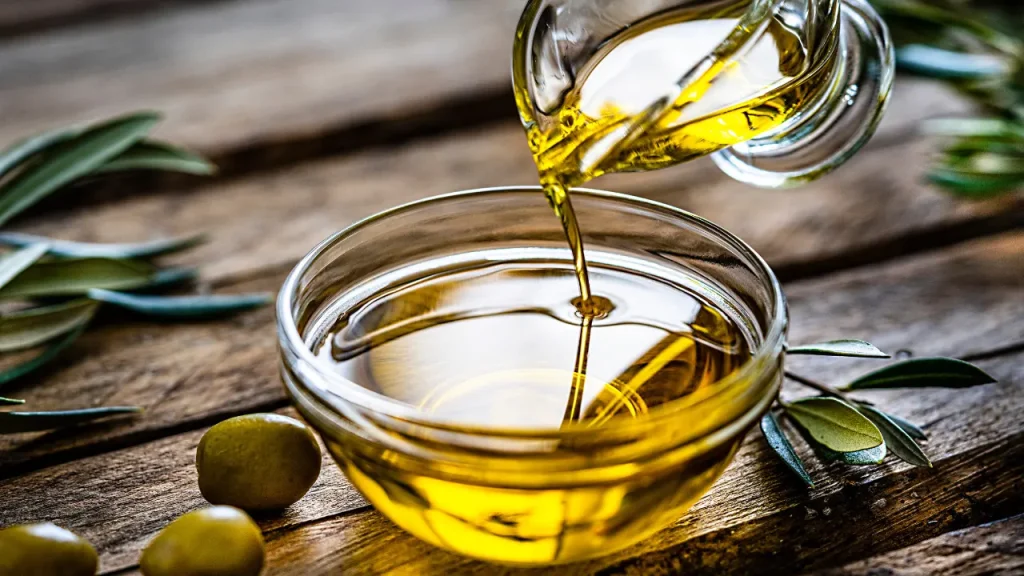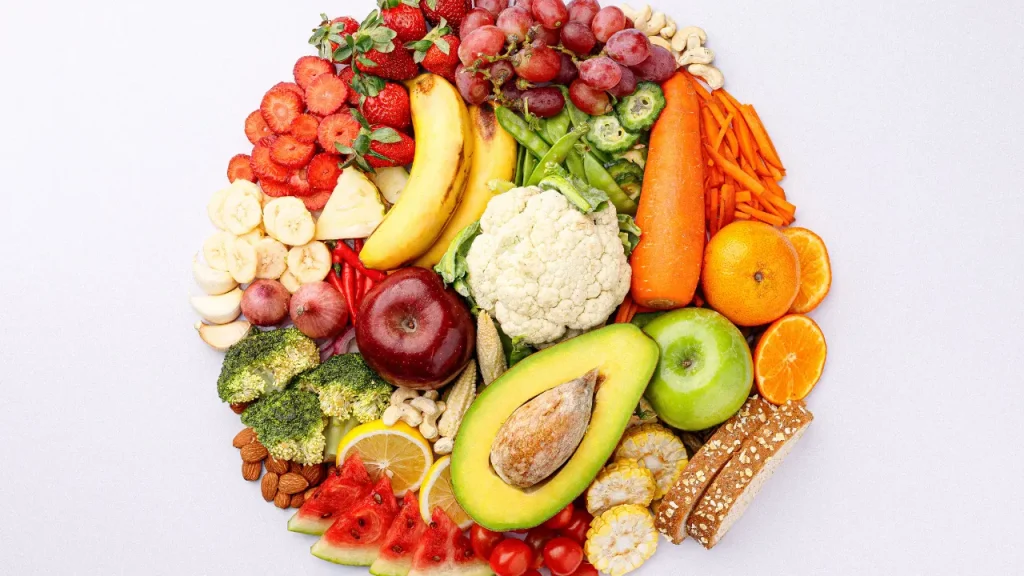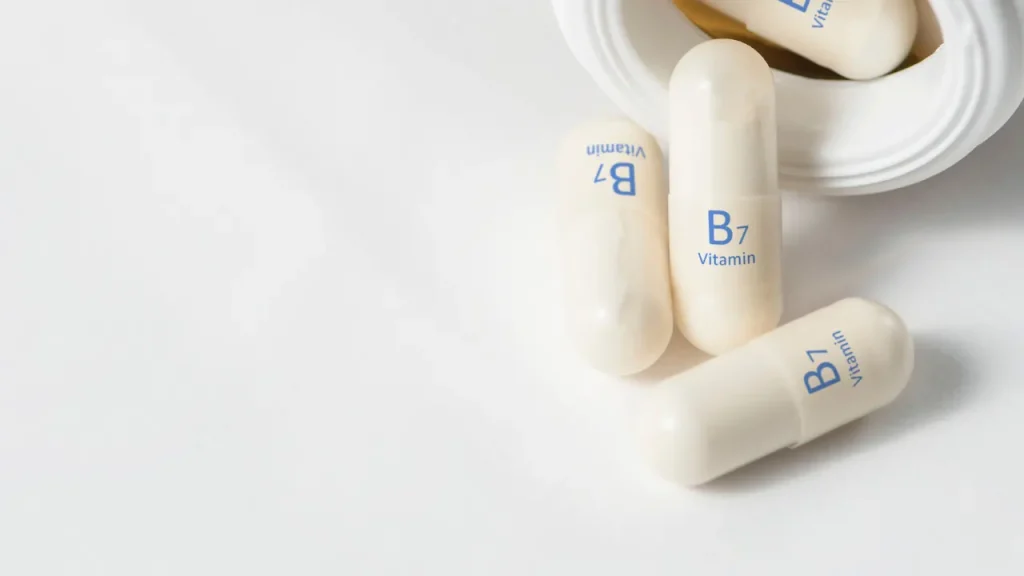In the fight against inflammation, the paleo and keto diets emerge as two formidable contenders, each offering a unique approach to promoting overall health and reducing inflammatory markers. While the paleo diet emphasizes whole, unprocessed foods that eliminate common inflammatory triggers, the keto diet focuses on a low-carb, high-fat approach that may also have anti-inflammatory benefits. Explore paleo vs keto diets for inflammation and support your total well-being today.
If you consider carbs your starch enemy, it’s time to consider a paleo or keto diet. Too many carbohydrates lead to weight gain, poor metabolic health, diabetes, and an increased risk of heart disease. Carbs are also a leading cause of inflammation.
You May Also Like:
7 Great Benefits of a Plant-Based Diet
What’s The Best Diet for Autoimmune Disorders? Foods You Need to Know
Combat Inflammation With the Ultimate Diet: Paleo vs Keto for Inflammation is an original (NewsHealthWatch) article.
Inflammation imperilments
Inflammation is your body’s response to outside invaders. It’s nature’s way of helping the body rid itself of unhealthy cells to heal. However, chronic inflammation can destroy healthy cells, tissue, and organs and lead to life-threatening diseases such as:
- Heart disease: An inflamed heart often leads to arrhythmia as well as coronary heart disease.
- Strokes: When the walls of the arteries become inflamed, plaque is loosened, leading to an aneurysm, interrupting blood and oxygen flow to the brain. This results in a stroke.
- Diabetes: Inflammatory compounds can disrupt the insulin-signaling pathways your body needs to metabolize glucose and is a major factor in type 2 diabetes.
- Cancer: Inflammation can exacerbate the growth of certain types of cancer. 20% of cancers are linked to chronic infections that the body cannot fight. By reducing inflammation, doctors can stave off some forms of tumorigenesis.
- Crohn’s disease: Too much fat and bacteria in your digestive tract can trigger your immune system to fight this invader by becoming inflamed. This inflammation of the gastrointestinal tract can cause the autoimmune disorder known as Crohn’s disease.
- Chronic obstructive pulmonary disease: Chronic lung inflammation impedes the flow of air, making it difficult to breathe. Immunosuppressants may help reduce lung inflammation.
- Asthma: When the lining of your airways becomes inflamed, the lungs often produce mucus, which makes an asthma attack likely.
- Dementia: Inflammation of the brain can lead to cognitive decline, often associated with Alzheimer’s disease and dementia. Harvard researchers found inflammatory diets high in carbohydrates often exacerbate the onset of dementia.
- Depression: Researchers found inflammation may trigger depression, especially in older adults. Antidepressants tend to reduce inflammation, helping to treat the disorder. A low-carb diet also helps lower the risk of inflammation, thus lowering the risk of depression.
Doctors estimate that more than half of deaths around the world can be blamed on chronic inflammatory diseases. That’s why it’s crucial to adopt a healthier diet. The question remains: which is better: paleo vs keto for inflammation?
Foods to fight inflammation
Processed meats, baked goods, pasta, deep-fried foods, sugary treats, and trans fats are all linked to inflammation and obesity. You can still enjoy the flavors you like by choosing healthier alternatives, such as:
- Olive oil & vinegar: A great alternative to margarine and butter, this monounsaturated fat is proven to reduce the risk of heart attacks.
- Baked sweet potatoes: Much better for you than french fries.
- Dark chocolate with berries: Contains much less sugar and carbohydrates than baked goods. Both also contain antioxidants to help fight inflammation.
- Oily Fish: Salmon and other fish rich in omega-3 fatty acids help fight inflammation.
- Avocados: This fruit is rich in potassium, magnesium, fiber, and monounsaturated fats. They’re also a good source of vitamin E and a great anti-inflammatory.
- Broccoli: This vegetable contains the antioxidant known as sulforaphane, which blocks inflammation. It’s also rich in selenium, an essential nutrient for brain function.
- Tomatoes: These fruits contain lycopene and vitamin C that help curb inflammation. They also improve the gut microbiome.
- Vegetables and healthy dip: A healthy alternative to chips and dip or cheese and crackers.
Author’s tip: Instead of baking a cake to take to that next party, prepare a vegetable tray with hummus. Even better? Blend some non-fat cottage cheese in a blender until it’s the consistency of sour cream. Add some ranch dip mix, and enjoy a non-fat dip to go with your veggies.

Choosing a diet:
Paleo vs keto for inflammation
Both the paleo and keto diets help fight inflammation. The paleo diet relies on foods people ate during the Paleolithic Era: mainly fruits, vegetables, lean meats, fish, eggs, and seeds. It avoids milk, grains, processed foods, and sugar. Some researchers worry a paleo diet may lack the necessary calcium found in dairy products and fiber found in grains.
The keto diet also focuses on eliminating carbohydrates but includes high amounts of fat. In addition to seeds, nuts, and oils, the keto plan is rich in butter, cheese, and eggs. Instead of relying on sugar for energy, it uses your body’s ability to convert the stored fat into energy.
When considering whether to choose paleo vs keto for inflammation, know that doctors at the Cleveland Clinic recommend keto for rapid weight loss and to give your body the energy it needs while reducing inflammation. However, researchers at Harvard Medical School found a number of risks in the lack of fruits and vegetables.

Supplements to fight inflammation
The debate over paleo vs keto for inflammation can be solved by incorporating the best of both into your diet and by adding a dietary supplement to get all the nutrients you may be missing. MyPEAK Wellness is formulated to add the anti-inflammatory vitamins and minerals you may be missing. The list of ingredients includes:
- ElevATP®: An enhanced version of adenosine triphosphate that heals wounds by regenerating tissue.
- Selenium: This micro-nutrient has anti-inflammatory and antioxidative properties, which protect the body from infection.
- Chromium: Chromium’s antioxidant and anti-inflammatory effects are crucial to combat a high-fat diet. It’s often used in diabetes medication to help stabilize blood sugar levels.
- Biotin: This B complex vitamin found in eggs, milk, and bananas is crucial for converting food into energy. A lack of biotin in some diets can lead to inflammation.
These are just a few of the 27 ingredients contained in this supplement to help your body fight inflammation. MyPEAK CEO Dr. Bhargav Patel designed the Wellness capsules to work in conjunction with a healthy diet but cautions against using it as a substitute for healthy living.
“MyPEAK Wellness was designed to be your foundational product. You take it, and it supports all of the systems of your body, working together to help you perform at your peak.”
The fact that the myPEAK Wellness was created using medical science is one reason it gets rave online reviews. Another plus? It’s vegan-friendly, so whether you choose paleo vs keto for inflammation, this supplement will only enhance your diet, not interfere with it.

Diet drawbacks
Before considering paleo vs keto for inflammation or any other diet, it’s important to consult your physician. The paleo diet is high in saturated fats and includes a fair amount of carbohydrates, yet it restricts dairy products, so you may not be getting the calcium your body needs. The American Heart Association advises people against a keto diet, saying its high-fat content could lead to cardiovascular problems.
A diet is more than just a temporary trend to lose a few pounds. The foods you eat could shorten or extend your life. Choosing the right plan – and the right nutrients to supplement that plan – should weigh heavily on your mind.

Further reading for additional reference:
National Library of Medicine: High carbohydrate intakes may predict more inflammatory status than high fat intakes in pre-menopause women with overweight or obesity
Cleveland Clinic: 5 Foods That Can Cause Inflammation
Time: Inflammation May Be the Culprit Behind Our Deadliest Diseases
Harvard Health: What is inflammation, and why is it dangerous?
Mayo Clinic: Paleo diet: What is it and why is it so popular?
Important Note: The information contained in this article is for general informational purposes only, and should not be construed as health or medical advice, nor is it intended to diagnose, prevent, treat, or cure any disease or health condition. Before embarking on any diet, fitness regimen, or program of nutritional supplementation, it is advisable to consult your healthcare professional in order to determine its safety and probable efficacy in terms of your individual state of health.
Regarding Nutritional Supplements Or Other Non-Prescription Health Products: If any nutritional supplements or other non-prescription health products are mentioned in the foregoing article, any claims or statements made about them have not been evaluated by the U.S. Food and Drug Administration, and such nutritional supplements or other health products are not intended to diagnose, treat, cure, or prevent any disease.

